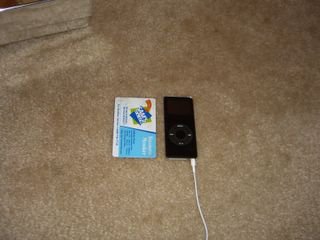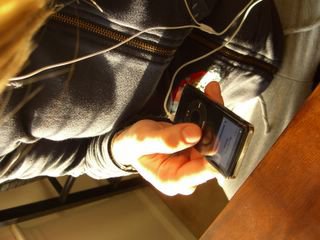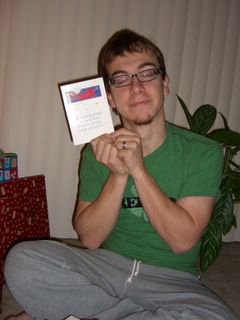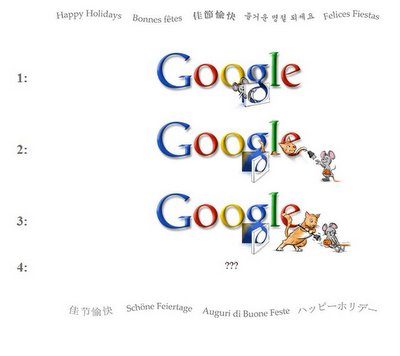If you've never heard of Rob Bell, you should definitely look him up. He the pastor of the fastest growing Christian congregation in the US (based somewhere in Michigan, I think). I heard him speak last year at Youth Specialties in Atlanta. Then, just recently, my pastor gave me this great CD of a message that he gave talking about some great history stuff as it relates to Jesus. He was specifically speaking on the educational system in Jesus' day.
My first mistake (not, like, ever . . .) is that, while I know Jesus is real, I forget that He existed at a point in history, and that has DRASTIC consequences on how I view Him.
Bell asks the question . . . what was it about the middle east 2000 years ago that was so appealing to God that He sent his Son at THAT point in time - out of all the possible times that Jesus could have been here? It's a GREAT question. He talks about how SO much of what Jesus said and did needs to be view through the lens of a 1st century Rabbi - which is essentially what Jesus was - at least, as a human - yes, He was (is) God - but more than just a human form, He was 1st century Rabbi form.
Let me give you some simple examples - if you live near me, as me and I'll copy the CD for you to have a listen to. He talks about how learning was very different then - whereas we ask what's 2+2 (correct answer: 4) - a correct answer in Jesus' situation could be another question (what is 16 divided by 4). What they taught was not information but understanding, shown by the interplay of questions and questions and questions and answers. So, when Mary and Joseph found preteen Jesus with the teachers in the synagogue, it says that they were amazed with his questions AND answers (i.g. NOT JUST his answers to their questions).
Another example is when Jesus is talking about his Yoke, and how it's easy - well, a YOKE was basically the interpretation of the law that a particular Rabbi held . . . it differed from Rabbi to Rabbi, for example, what was permissible on the Sabbath - the entire compilation of what they allowed and forbade (is that REALLY a word?) was called their YOKE and they taught that yoke to their students. In fact, a Rabbi wanted to perpetuate his yoke, he wanted it to live on long after he was gone.
Not only does that give a completely different understanding of Jesus saying, "My yoke is easy." but also consider this . . . when a Rabbi came along, once in a blue moon, with a new Yoke (something that no other Rabbi was teaching at the time), he would often say things like, "You have heard it said that . . . but I tell you . . . "
There's so much - we can't understand Jesus fully out of His context - he was not a North American in 2005. It's MY job to get my head around that.
Father God - help us to search out and find out more of the amazing aspects of Your Character. We know we'll never understand the vast majority of who you are and how all things work together. But help us know you more, and, in so doing, know more of what we are to do!
Grace,
Des



































